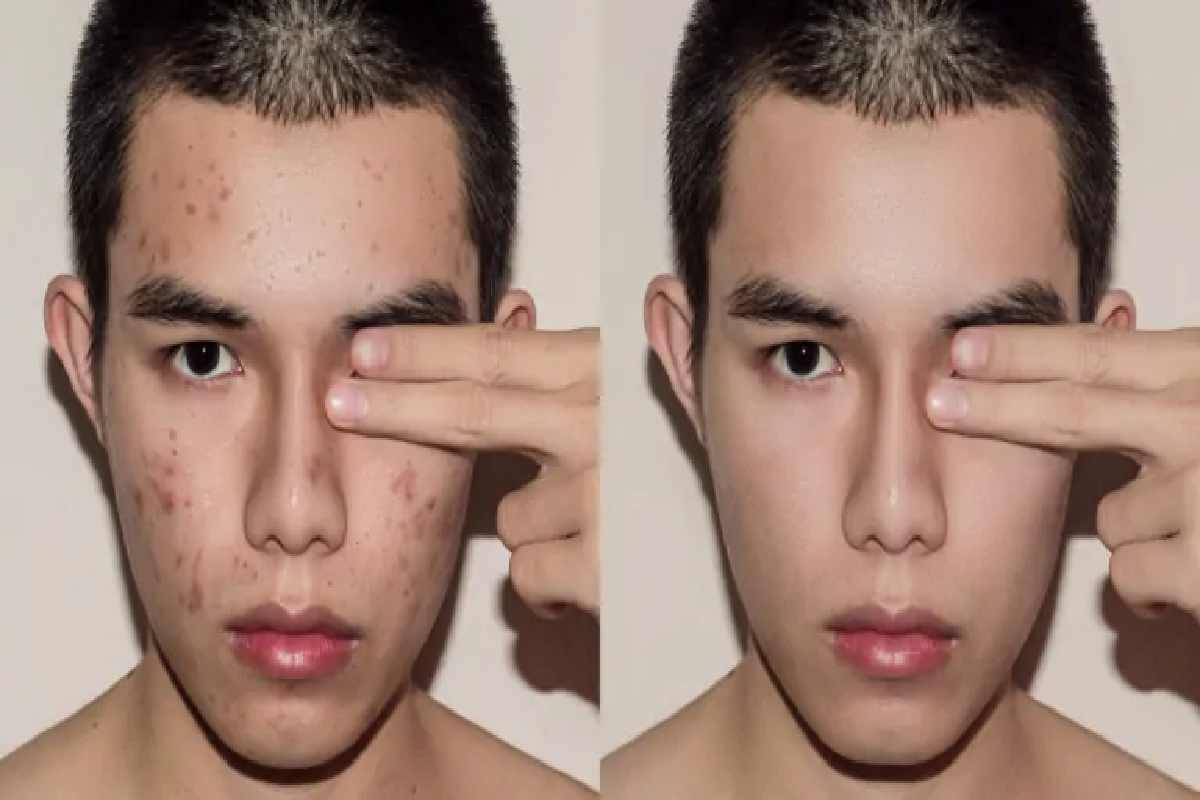Sugar is poison, many nutritionists say. When you stop eating sugar, ultimately, what will happen to your body? Have you ever wondered? Will it be good or maybe not? We will tell you!
There are more and more debates around how to lead a healthy life and what to eat. The vegans, for example, give up the animal protein and enthusiasts ketogenic diet to hydrates.
But what almost everyone agrees on is avoiding sugar as much as possible. Is it easy to give up sweetness when sugar is present in products as different as sauces or veggie burgers?
The benefits of giving up sugar are almost immediate: lower blood pressure, healthier levels of fat and insulin, better digestions. But, how does a body react when you eliminate it from your diet?
The first three days are the most complicated. At first, it is easy for you to dream of donuts or similar things, especially if you are one of those who have breakfast like this or always end their dinners with a dessert. The lack of sugar to stimulate your brain makes you think more of sweet foods continuously.
Table of Contents
How Much Sugar Can You EAT?
- It is important to note that this all applies specifically to added sugar (cane sugar, honey, maple syrup, coconut sugar), not the natural sugar found in dairy and fruits.
- Recent dietary guidelines for adults recommend consuming less than 10 percent of calories from added sugars. A guideline recommends sticking to.
- A 2,000 calorie diet equates to roughly 13 tablespoons of added sugar. It is very doable, especially if you start using ingredients with no added sugar that are sweet.
What Happens When You Stop Eating Sugar?
If your goal is to follow a sugar-free eating plan, or if you are simply drastically reducing your sugar intake, this is what you can experience – good things.
Cravings can increase (temporarily)
- You’re used to having that ice cream after dinner or candy after lunch, so without it now, there is a void.
- You may notice that you still crave sugary foods at first, but that feeling will subside over time.
- The key is to resist those first irritable urges and to know that there is a light on the other side of the road without sugar.
- You will not ride the blood sugar roller coaster
- By replacing sugar calories with good-for-you fiber carbohydrates like fruits and increasing your intake of filling proteins and healthy fats, this change will help stabilize your blood sugar.
- The most considerable sugar-lowering effect: with fewer blood sugar spikes, you can feel less lethargic and more energetic.
- If you’ve dealt with mood swings in the past, stabilizing your blood sugar can help you feel more balanced.
- And if you’ve previously sought out sweets as a mental boost in the middle of a day full of work and stress, you’d better put that habit behind you.
- A 2021 study looking at carbohydrate consumption and mood found that the rush of sugar is not a boost to your mood but does make you feel dizzy and sleepy an hour after consumption.
Your tastes will adjust
- While it may seem like a disappointment to eat a bowl of raspberries and blueberries instead of a cupcake.
- Over time your tastes will change, and you will discover that the natural sugars in fruit are pretty delicious.
- You will be surprised how satisfied you feel with a serving of fruit for dessert.
In the long run, your heart will be healthier
- Don’t forget your heart in all of this, regardless of your number on the scale.
- Adults who get 17% to 21% of their daily calories from added sugar have a 38% higher risk of dying from cardiovascular disease than those who limit calories from added sugar to 8% of total calories.
- Whether you gain weight from your cookie habit or stay the same, note that excess sugar is associated with high blood pressure, increased triglycerides, and “bad” LDL cholesterol levels.
- All of which do may affect your heart to suffer more over time.
How To Stop Eating Sugar And Have These Benefits?
You don’t have to cut out the sugar entirely, and you don’t have to ditch the sweet stuff overnight.
Doing this gradually is the best way.
If you have been consuming several soft drinks a day, it takes you a month to get to finish only one or none. It will be just as effective.
Here are some quick tips to help you on your way: Stop adding sugar to your meals: Try adding cinnamon to your coffee for natural sweetness.
Add nutmeg and fresh fruit to oatmeal instead of brown sugar.
Become best friends with the fruit
- When you leave out the added sugar, the fruit will help you through the process.
- A unique sweet trick Cook frozen fruit (blueberries, strawberries, etc.) in a pan with a little water until some of the juices are mix into a delicious ‘syrup.
- Or find a bowl of fruit for dessert instead of cookies.
Watch out for sugar, and she’s cunning
- Sugar is hiding in many foods you wouldn’t expect, like bread and pasta sauce.
- It will help if you read ingredient labels to ensure the brands you buy are minimal or no-sugar-added versions. I doubt you’ll even notice the difference in taste.

